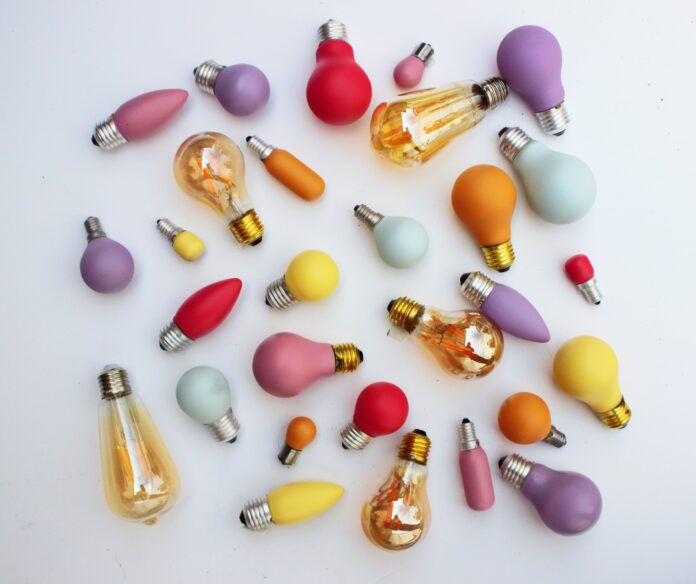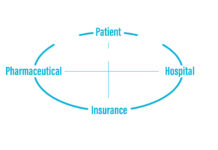Creativity is defined as the generation of new and useful ideas. Everyone has a perception of
how creative they are. Creative outcomes tend to be more or less novel because of this self-perception. In this paper, we study how a creativity intervention in the form of a lecture and a creativity activity affects the self-perception of creativity and the novelty of the outcomes of a
design problem. The study was conducted with third-year engineering students with some
previous design experience. At the start of the experiment, all students were given a lecture on
creativity. After the lecture, the students were randomly assigned to two groups. One group was asked to complete a creativity activity prior to working on the design problem while the other group was asked to start working on the design problem. A survey measuring self-perception of their creativity was administered in both groups before and after the experiment. In addition to the survey, the sketches generated by the participants in both groups were collected and analyzed for novelty. Self-perception before and after the creative activity was compared to see if a creativity activity has an effect on how creative an individual perceives themselves to be. The novelty analysis has shown that the difference between the two groups is insignificant.
Notes
“Creativity has recently become increasingly important in our knowledge-based economy, and the pressure to perform creatively is ever-present in many aspects of our lives.” (How does this pressure interfere with the self-perception of creativity?)
This natural change in self-perception can be difficult to combat in higher education,
where students are deterred from creative solutions at risk of lowering their grades, and creativity is often not taught explicitly (The fear of making mistakes)
“Some examples of curricular-level changes include teaching freshmen
design creativity and programming with LEGOs and LabVIEW [15], improving creative
thinking in engineering students through art appreciation [16], creating an interdisciplinary class of engineering and art students for teaching 3D design [17].” (The words interdisciplinary and transdisciplinary have been used a lot in these articles about creativity and self-perception)
Conjectures were used in the activities for the research.
Reference
MacGregor, A., & Joshi, S. (2021, July), Am I Creative? The Impact of Creativity Intervention on Design Outcomes and Self-perception of Creativity Paper presented at 2021 ASEE Virtual Annual Conference Content Access, Virtual Conference. 10.18260/1-2–36662




